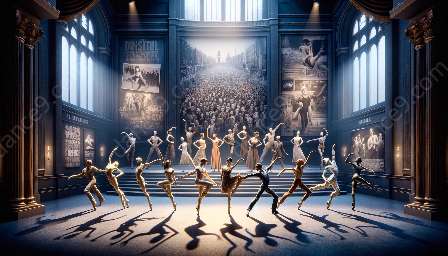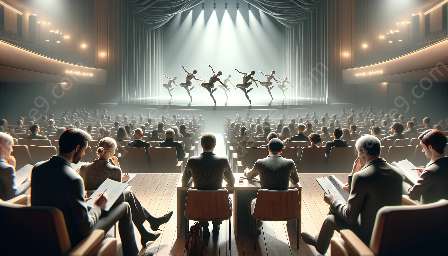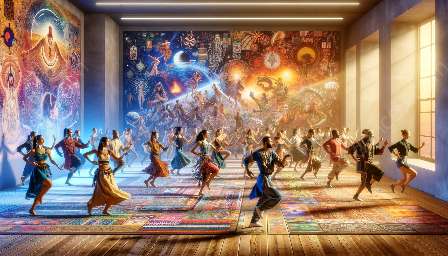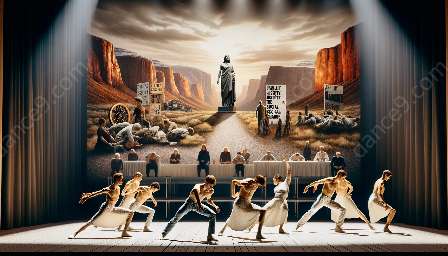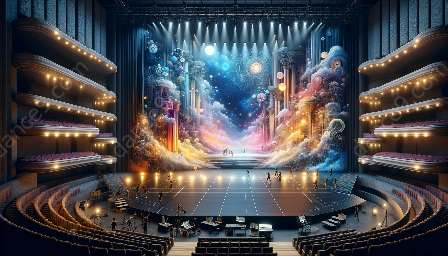Contemporary dance is a form of artistic expression that often raises profound ethical considerations, as dancers and choreographers grapple with issues of representation, appropriation, and social responsibility. In this discussion, we will delve into the values and perspectives of famous contemporary dancers, examining the impact of ethical choices on the evolution of contemporary dance.
Famous Contemporary Dancers and Ethical Perspectives
Contemporary dance has been shaped by the creative visions and ethical stances of iconic dancers such as Pina Bausch, Alvin Ailey, and Akram Khan. These influential figures have used their platforms to address issues such as cultural diversity, gender equality, and human rights, embedding ethical considerations into their choreography and performances.
Pina Bausch: Embracing Vulnerability
Known for her groundbreaking work with the Tanztheater Wuppertal, Pina Bausch's choreography often explores the raw emotions and vulnerabilities of the human experience. Bausch's ethical perspective is evident in her commitment to portraying authentic and unvarnished narratives, challenging traditional power dynamics and societal norms.
Alvin Ailey: Celebrating Diversity and Inclusion
Alvin Ailey, the visionary founder of the Alvin Ailey American Dance Theater, championed the celebration of African-American culture and the diverse experiences of the human condition. His choreographic choices reflect a profound ethical commitment to inclusive representation and the empowerment of marginalized voices.
Akram Khan: Negotiating Tradition and Innovation
Renowned for blending traditional Kathak dance with contemporary movement, Akram Khan grapples with ethical considerations surrounding cultural appropriation and the boundaries of artistic innovation. His work prompts critical conversations about respecting the origins of dance traditions while also pushing the art form into new and daring territory.
Ethical Evolution of Contemporary Dance
The realm of contemporary dance continues to evolve as ethical considerations shape the creative process and performance dynamics. Issues such as consent, agency, and the impact of dance on audiences and society are increasingly at the forefront of choreographic practices.
Representation and Authenticity
Contemporary dancers are challenged to uphold ethical standards when representing diverse identities and narratives. Authenticity, cultural sensitivity, and the avoidance of harmful stereotypes are crucial considerations in the choreographic exploration of social issues, historical events, and personal experiences.
Social Responsibility and Activism
Many contemporary dancers are using their platform to address pressing social and political issues, advocating for change through their performances and public engagements. Ethical dance practices are intertwined with a sense of social responsibility, prompting dancers to leverage their art form as a catalyst for positive societal transformation.
Collaboration and Power Dynamics
The ethical dimensions of collaboration and power dynamics within dance production are also significant. Dancers and choreographers must navigate issues of consent, equity, and respectful communication to create a safe and empowering creative environment.
Conclusion
Ethical considerations in contemporary dance are multifaceted, intertwining with artistic expression, cultural responsibility, and societal impact. Famous contemporary dancers have propelled the art form forward through their principled approaches, igniting conversations about representation, inclusivity, and the transformative power of dance. As the landscape of contemporary dance continues to shift, the ethical choices made by dancers and choreographers will play a pivotal role in shaping the future of this dynamic and thought-provoking art form.



